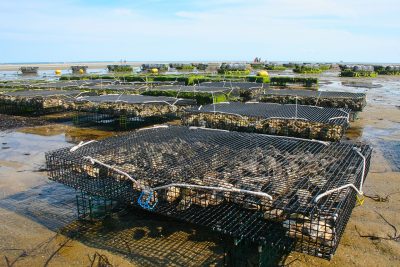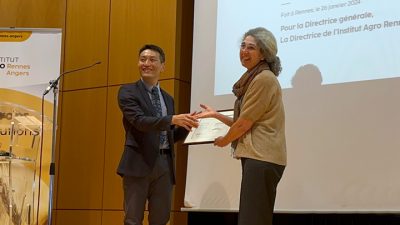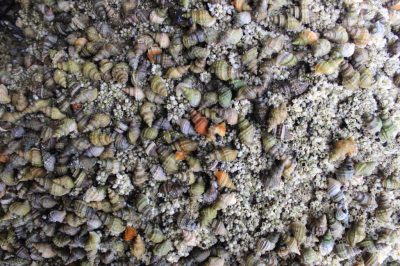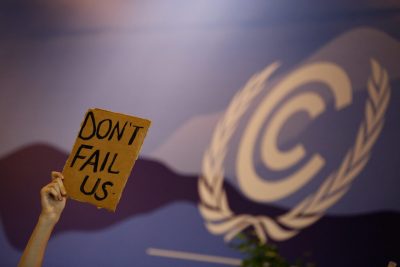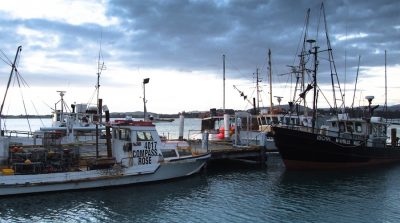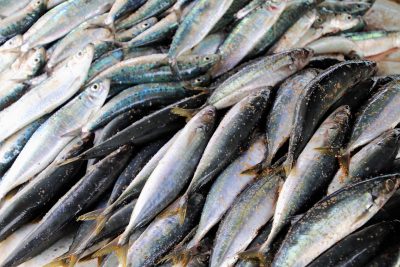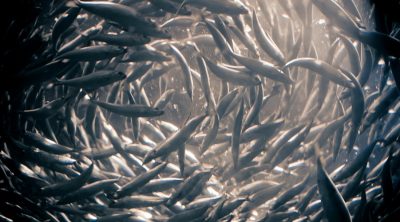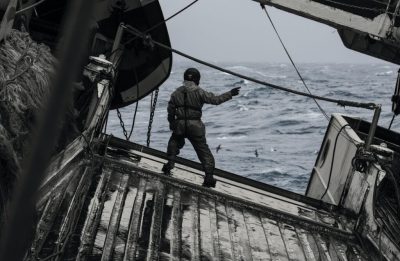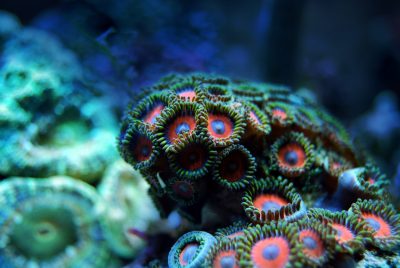Can aquaculture help create a sustainable planet?
Properly done, aquaculture has the potential to produce food for millions of people, conserve and restore ecosystems and replenish endangered wild fish stocks.
Dr. William Cheung awarded Doctor Honoris Causa degree by Institut Agro
Dr. Cheung will receive this award on Friday, January 26, 2024, at which time he will also present an Open Lecture on the theme: “The future of fish and fisheries under climate change.”
Your local sea snail might not make it in warmer oceans – but oysters will
The frilled dog winkle may sound like a complex knot for a tie, but this local sea snail holds clues to our warmer future, including a dire outlook for species that can’t move, adapt, or acclimate as fast as their environment heats up.
UN climate conference should not be ‘business as usual’, say climate experts
Climate experts are looking for action on finance and renewable energy goals at the United Nations climate change conference, including the 28th Conference of Parties (COP).
Dr. William Cheung joins UBC’s delegation to COP28
Dr William Cheung will join UBC’s third annual delegation of students, faculty, and staff attending the 28th United Nations Climate Change Conference of the Parties in Dubai, United Arab Emirates, this November
Overfishing and climate change impacts on New Zealand’s fish populations were hidden – until now
An international team of researchers shows that, despite ocean water temperature around the island country modestly increasing by 0.04°C per decade from 1950–2019, the presence of warmer-climate species is a clear indicator of the impacts of climate change on marine life.
Climate change will have an adverse impact on trophic amplification in marine food webs
Climate-driven changes in ocean environmental conditions — ocean warming, deoxygenation and acidification — are projected to affect the physiological functions of marine organisms, their geographic distributions, biological life cycles and total biomass.
Market-based solution makes the case for blue carbon
Over 120 million tonnes of carbon dioxide equivalent could be sequestered every year by 2050 by applying a market-based solution (MBS) to global fisheries that would allow fishers to decide whether – at certain times – it is more profitable to go fish or to remain at port.
Fish buffered from recent marine heatwaves, showing there’s still time to act on climate change
Fish were surprisingly resilient to marine heatwaves before 2019, highlighting the need to keep seas from warming further, according to new research.
In climate change talks and development goals, the tropical majority must be recognized and respected
We are in the UN Decade of Ocean Science and that means prioritizing diversity and inclusion in all decision-making processes
